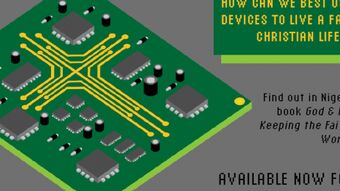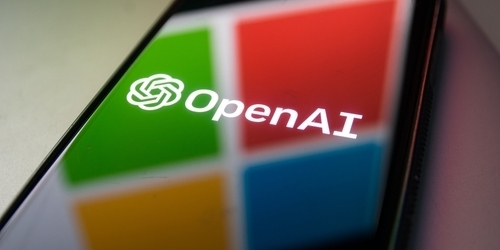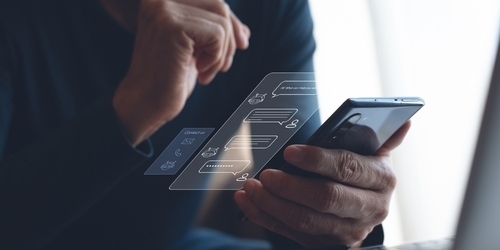Myths of Multitasking
Technology, Robotics, and AI
Mobiles have had all sorts of effects on how we behave and see ourselves. One of the most deceptive of these is that we can do two things at the same time, like replying to emails during a meeting, or answering our children and checking Facebook at the same time.
The idea that we can multitask is basically an illusion – we tend to use the word to justify behaviour that is either rude or risky.
Humans are, of course, not limited to just one thing at a time, but these tend to be routine activities we have mastered. For example, we can eat our dinner when watching the TV. We can tell the children in the back of the car to be quiet while we drive them to school.
But we are a lot more limited than we often think.
When we think we’re multitasking, we’re actually switching from one task to the other, to the detriment of both.
According to University of San Francisco psychologist, Jim Taylor:
“You and every other so-called multitasker are actually serial tasking. Rather than engaging in simultaneous tasks, you are in fact shifting from one task to another to another in rapid succession. For example, you switch from your phone conversation to a document on your computer screen to an email and back again in the belief that you are doing them simultaneously. But you're not.”
Wired magazine argue that the real problem with multitasking is the way it affects our attention and focus:
“Some people suspect that a multitasking lifestyle has changed how they think, leaving them easily distracted and unable to concentrate even when separated from computers and phones. Their uneasiness may be justified. In several benchmark tests of focus, college students who routinely juggle many flows of information, bouncing from e-mail to web text to video to chat to phone calls, fared significantly worse than their low-multitasking peers.”
Other studies have shown the immediate effects of multitasking. For example, children usually do better in their homework when not watching TV, and office workers are far more productive when not checking email every five minutes.
Stanford University professor Clifford Nass conducted a study on students who multitasked the most and the least. The students were given standard psychology tests to see how they would perform.
The results were very revealing:
“In every test, students who spent less time simultaneously reading email, surfing the web, talking on the phone and watching TV performed best.”
Jim Taylor commented on the study:
“Those who consider themselves to be great multitaskers are in fact the worst multitaskers. Those who rated themselves as chronic multitaskers made more mistakes, could remember fewer items, and took longer to complete a variety of focusing tasks analogous to multitasking than those self-rated as infrequent multitaskers…Clifford Nass, states,“The shocking discovering of this research is that [high multitaskers] are lousy at everything that’s necessary for multitasking.” Nass concluded that this difference appears to be due to an inability to filter past no-longer relevant information from the previous task.”
We need to get rid of the illusion that we can juggle complex tasks and share our attention. We can still only deal well with one thing at a time, and technology has not made us into superhumans – we’re still the same people.
With technology, we risk being distracted from what we should be focusing on, and kidding ourselves that that’s OK.
BUY THE BOOK - SPECIAL OFFER – ONLY £4.99
Is technology a help or a hindrance in aiding our productivity? To find out the answer to that question, why not buy yourself a copy of God and My Mobile: Keeping the faith in a digital world. For a short period of time, it’s available at a discounted price of £4.99, down from its normal price of £9.99. You can get a copy from our shop.





Share story
Myths of Multitasking